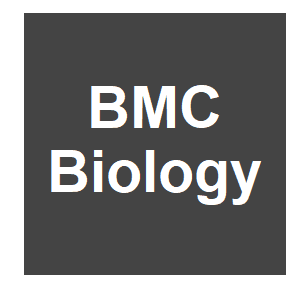
Keywords: capitata

|
Gene drive and genetic sex conversion in the global agricultural pest Ceratitis capitataA. Meccariello, S. Hou, S. Davydova, J. Fawcett, A. Siddall, P. Leftwich, T. , F. Krsticevic, P. A. Papathanos and N. Windbichler, bioRxiv, 2023.08.16.553191. 2023.
Homing-based gene drives are novel interventions promising the area-wide, species-specific genetic control of harmful insect populations. Here we characterise a first set of gene drives in a tephritid agricultural pest species, the Mediterranean fruit fly Ceratitis capitata ... Keywords: Bactrocera dorsalis, capitata, Ceratitis, genetic bioontrol, genetic sexing, sex separation, SIT, sterile insect technique |

|
Major fly pest genetically modified in lab to produce more malesH. Dunning, Imperial College London, 2021.
It has been predicted that the world's population will increase to over nine billion people by 2050, and that global food production will need to increase by around 70 percent to match this rate of change. Lead researcher Dr Angela Meccariello, from the Department of Life ... Keywords: Bactrocera dorsalis, capitata, Ceratitis, genetic bioontrol, genetic sexing, sex separation, SIT, sterile insect technique |

|
Engineered sex ratio distortion by X-shredding in the global agricultural pest Ceratitis capitataA. Meccariello, F. Krsticevic, R. Colonna, G. Del Corsano, B. Fasulo, P. A. Papathanos and N. Windbichler, BMC Biology, 19:78. 2021.
Genetic sex ratio distorters are systems aimed at effecting a bias in the reproductive sex ratio of a population and could be applied for the area-wide control of sexually reproducing insects that vector disease or disrupt agricultural production. One example of such a system ... Keywords: Bactrocera dorsalis, capitata, Ceratitis, genetic bioontrol, genetic sexing, sex separation, SIT, sterile insect technique |

|
White pupae phenotype of tephritids is caused by parallel mutations of a MFS transporterC. M. Ward, R. A. Aumann, M. A. Whitehead, K. Nikolouli, G. Leveque, G. Gouvi, E. Fung, S. J. Reiling, H. Djambazian, M. A. Hughes, S. Whiteford, C. Caceres-Barrios, T. N. M. Nguyen, A. Choo, P. Crisp, S. B. Sim, S. M. Geib, F. Marec, I. Hacker, J. Ragous, Nature Communications, 12. 2021.
Here, we use classical and modern genetic approaches to identify and functionally characterize causal wp(-) mutations in these distantly related fruit fly species. We find that the wp phenotype is produced by parallel mutations in a single, conserved gene. CRISPR/Cas9-mediated ... Keywords: Bactrocera dorsalis, capitata, Ceratitis, genetic bioontrol, genetic sexing, sex separation, SIT, sterile insect technique |

Contact
David O’Brochta
Foundation for the
National Institutes of Health
geneconvenevi@fnih.org
RSS

